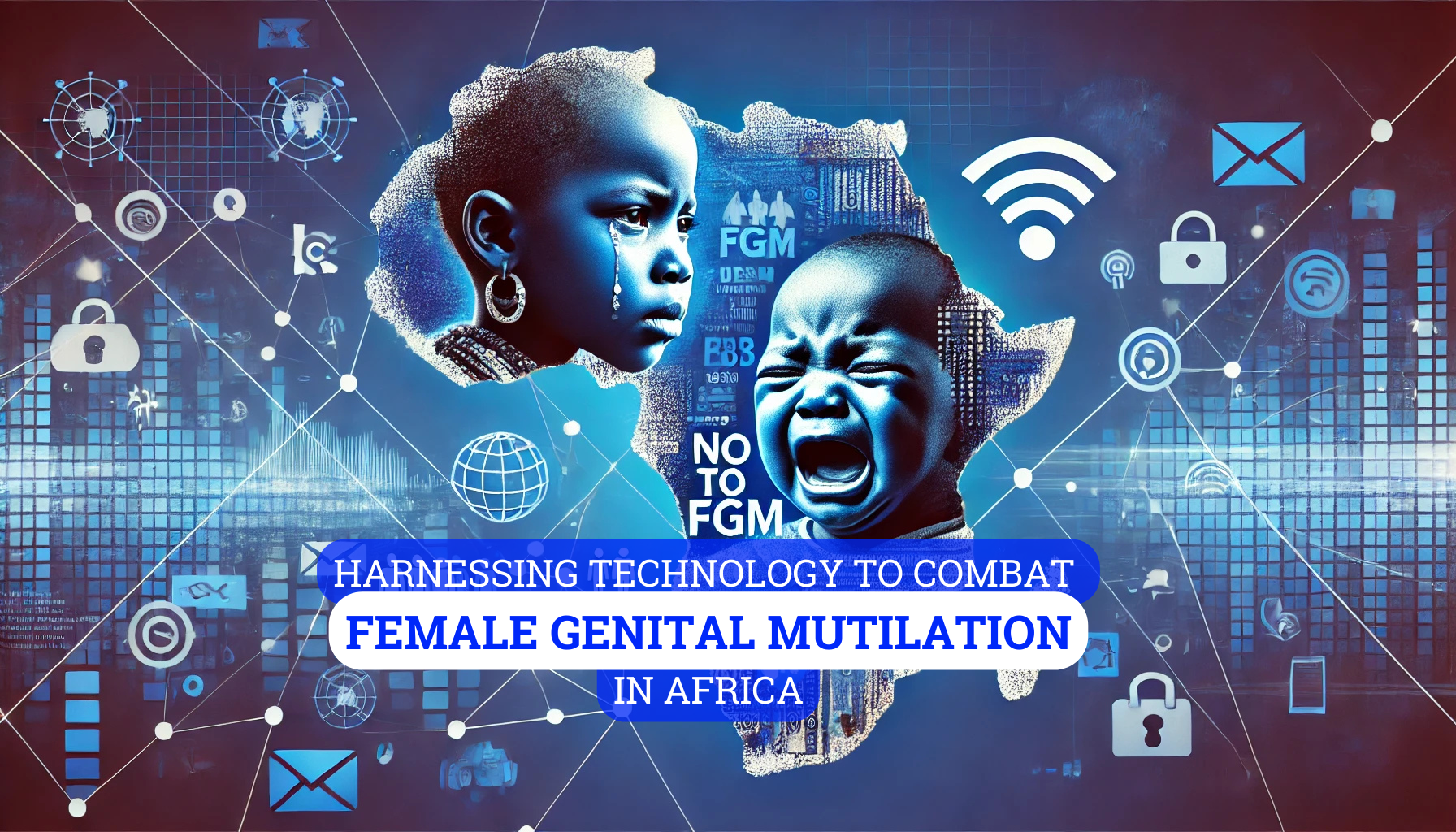Today, February 6, marks International Day of Zero Tolerance for Female Genital Mutilation—a day when we reflect on one stark reality: Over 200 million girls and women worldwide have undergone this harmful practice. In Africa, where FGM is most prevalent, technology is emerging as a powerful tool in combating this injustice.
The statistics are stark: more than 4 million girls are at risk each year, according to UNICEF. This alarming figure underscores the urgent need for innovative solutions that can reach communities effectively. Mobile apps like i-Cut are pioneering efforts by connecting girls at risk with rescue services through mobile devices. These digital tools empower communities to take action against harmful practices by disseminating accurate information about the health risks associated with FGM.
Read also: Applications open for ‘READY Salone’ to equip 3,000 Sierra Leonean women, youths with tech skills
Tech revolution against FGM: Can mobile apps save lives?
For instance, following our discussion on mobile apps like i-Cut, it’s clear that technology can bridge geographical gaps and provide accessible support systems for those affected. A notable example is how these apps have successfully connected numerous girls at risk with rescue services across Africa. By leveraging such platforms, we can ensure timely interventions and save lives.
Social media plays a pivotal role in spreading awareness about FGM across Africa. Platforms like Twitter and Facebook allow individuals to share facts that challenge myths surrounding this practice. For example, successful campaigns using hashtags like #Unite2EndFGM help amplify voices against this injustice globally.
Moreover, digital campaigns can educate communities about the severe health implications of FGM. The World Health Organization notes that most girls are cut before they turn 15 years old, highlighting the urgent need for early intervention through tech-enabled education programs.
Exposing Myths Through Digital Advocacy
Digital advocacy has become a powerful tool in exposing myths surrounding FGM. Social media campaigns not only raise awareness but also mobilize public opinion against such practices. By sharing personal stories and experiences online, survivors of FGM help humanize the issue and inspire others to join their fight for justice.
For instance, social media platforms have been instrumental in challenging cultural norms around FGM by promoting dialogue between different generations within families and communities.
Read also: Women in Gaming Africa to debut at SiGMA Africa 2025, championing inclusivity
Accelerating Progress with AI-Powered Solutions
AI-driven tools not only help analyze data more efficiently but also enable targeted interventions by identifying high-risk areas more accurately than traditional methods allow targeted interventions Digital education modules using interactive content could reach wider audiences more effectively than traditional methods AI-driven chatbots could streamline reporting processes making it easier for those affected or at risk
To report suspected cases of FGM or seek help within African countries. Local helplines available through government websites or NGOs provide immediate support. Apps designed specifically for reporting such as i-Cut offer secure channels.
Online forums dedicated to anti-FGM initiatives allow individuals to share concerns anonymously.
While there’s still much work ahead eradicating female genital mutilation entirely from our societies today’s commemoration serves as an important reminder of how far we have come but also how much further we must go together towards achieving zero tolerance towards such heinous acts on humanity especially young innocent lives who deserve nothing but protection love care & safety above all else!
As we strive towards eliminating FGM by 2030 let’s leverage technology as our ally—share your voice against this injustice using #Unite2EndFGM today! Together we can create safer futures where every girl grows up free from harm!




